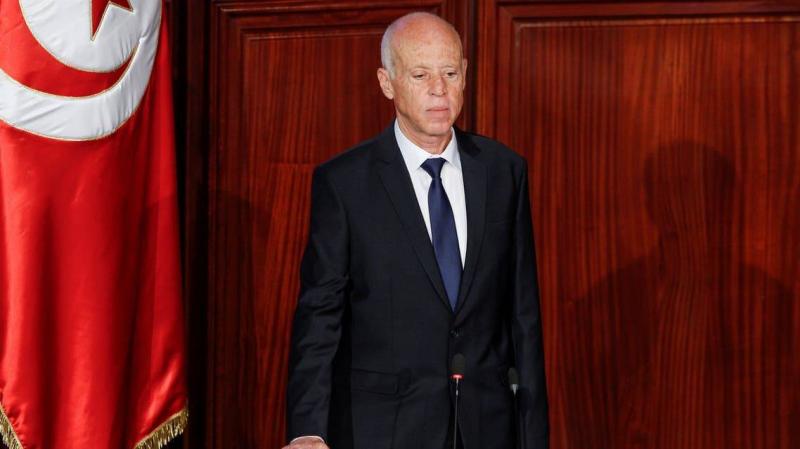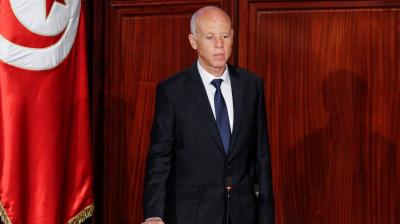Tunisian President Kais Saïed responded to U.S. Secretary of State Antony Blinken's request regarding "respect for democracy," affirming his strong commitment to adhering to legitimacy and protecting rights and freedoms during a phone call between the two parties on Monday evening. The U.S. State Department announced that the president emphasized his commitment to respecting the constitution and its provisions, in addition to ensuring judicial independence and enforcing the law on everyone while receiving the President of the Supreme Judicial Council and members of the council.
In the same context, the U.S. State Department revealed in a statement that Blinken urged Saïed to maintain an open dialogue with all political actors and the Tunisian people. The American minister also encouraged President Saïed to respect democratic principles and human rights, which form the foundation of governance in Tunisia.
Blinken promised U.S. support for the Tunisian economy as well as in combating the COVID-19 pandemic, which was a major reason for the protests that erupted across the country, leading Saïed to dismiss the Prime Minister and suspend parliament on Sunday. He emphasized the "strong partnership" between the United States and Tunisia and the ongoing support for the Tunisian people.
In relation to this, President Kais Saïed condemned the characterization of the exceptional measures he took in recent hours as a "coup," asserting that they are consistent with the Tunisian constitution. These remarks came during his meeting with Mr. Noureddine Taboubi, Secretary-General of the Tunisian General Labour Union, Mr. Samir Majoul, President of the Tunisian Confederation of Industry, Trade and Handicrafts, Mr. Ibrahim Bouderbala, President of the National Bar Association, Mr. Abderraouf Azar, President of the Tunisian Confederation of Agriculture and Fisheries, Ms. Radia Jerbi, President of the National Tunisian Women’s Union, and Ms. Naela Zaghlami, President of the Tunisian Association of Democratic Women. He stressed that his patience had run out as he had repeatedly warned, affirming that he could have assigned anyone to form the government, but he preferred patience and giving state institutions an opportunity.
It is noteworthy that the Tunisian president dismissed the Prime Minister and ordered a 30-day suspension of parliament on Sunday following protests in many cities against the government's handling of the COVID-19 pandemic. Just hours before Saïed's announcement, thousands of Tunisians demonstrated in several cities across the country, despite heavy police presence to limit movement, specifically demanding the dissolution of parliament. Additionally, the president decided to suspend work for two days across Tunisia and imposed a curfew for one month.




